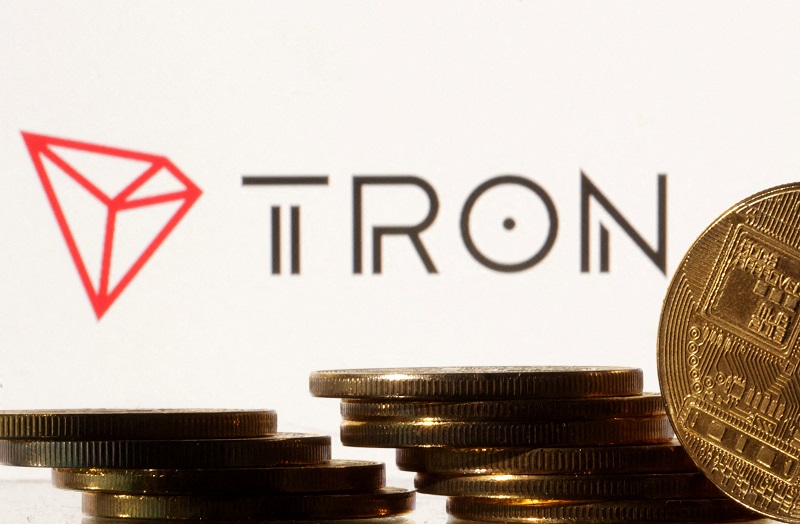
TRON Cryptocurrency Review: A Comprehensive Overview
TRON is a blockchain-based decentralized platform that aims to build a free, global digital content entertainment system with distributed storage technology. By allowing easy and cost-effective sharing of digital content, TRON aims to decentralize the web. Established in 2017 by Justin Sun, TRON has rapidly grown, positioning itself as a key player in the cryptocurrency landscape. Its native cryptocurrency, TRX, has gained popularity among investors and developers alike.
What Kind of Currency is TRON and When Did It Gain Popularity?
TRON operates as a decentralized digital platform that supports a wide range of blockchain-based applications. Unlike other cryptocurrencies, TRON focuses heavily on digital content and entertainment. TRX, the native cryptocurrency of TRON, facilitates transactions and incentivizes users on the TRON network. The currency gained significant popularity in early 2018, shortly after its launch. Its appeal stems from its scalability, low transaction fees, and high transaction throughput, making it an attractive option for developers and users.
History of TRON’s Creation: Developed at the World Cup
TRON was founded by Justin Sun, a tech entrepreneur and former representative of Ripple in China. The development of TRON coincided with the 2018 FIFA World Cup, capturing global attention. Justin Sun leveraged this opportunity to promote TRON, aligning its marketing strategy with the massive viewership of the event. This innovative approach contributed to the rapid adoption of TRON, as it resonated with a global audience, eager to explore new digital frontiers.
Which of the Main Exchanges is TRON Listed On?
TRON is listed on several major cryptocurrency exchanges, making it easily accessible to investors worldwide. Some of the leading exchanges that list TRON include Binance, Huobi, and Bitfinex. These exchanges provide a platform for trading TRX against various fiat currencies and other cryptocurrencies. The widespread availability of TRON on these exchanges has been crucial in maintaining its liquidity and trading volume.
How Stable is TRON as a Currency?
The stability of TRON as a cryptocurrency has been a topic of interest for many investors. Generally, TRON has exhibited moderate price stability compared to more volatile cryptocurrencies. This stability can be attributed to its strong community support, consistent technological upgrades, and strategic partnerships. However, like any cryptocurrency, TRON is not immune to market fluctuations. The price of TRX can be influenced by broader market trends, regulatory news, and technological developments within the TRON network.

How is TRON Mined?
Unlike Bitcoin, TRON uses a different consensus mechanism known as Delegated Proof of Stake (DPoS). In this system, TRX holders vote for “super representatives” who validate transactions and create new blocks. This method is more energy-efficient compared to traditional Proof of Work (PoW) systems and enables faster transaction processing. TRON’s approach to mining, or rather staking, makes it more accessible to a broader range of participants, encouraging wider network participation.
Future Prospects of TRON
Looking forward, TRON is poised for continued growth. The platform’s commitment to expanding its ecosystem through acquisitions, such as the purchase of BitTorrent, has solidified its position in the digital content space. Additionally, TRON’s focus on decentralized applications (dApps) provides a promising avenue for further development and adoption. The ongoing upgrades and introduction of new features aim to enhance the scalability and efficiency of the TRON network, potentially increasing its appeal among developers and users.
Popular articles
-
 How to Check a Crypto Wallet Before Your First Transaction: Setup, ...
How to Check a Crypto Wallet Before Your First Transaction: Setup, ...Sending your first cryptocurrency transaction is not simply a matter …
-
 Is Real Decentralisation Still Possible? A 2026 Analysis of Nodes a...
Is Real Decentralisation Still Possible? A 2026 Analysis of Nodes a...“Decentralised” is one of the most used words in crypto, …
